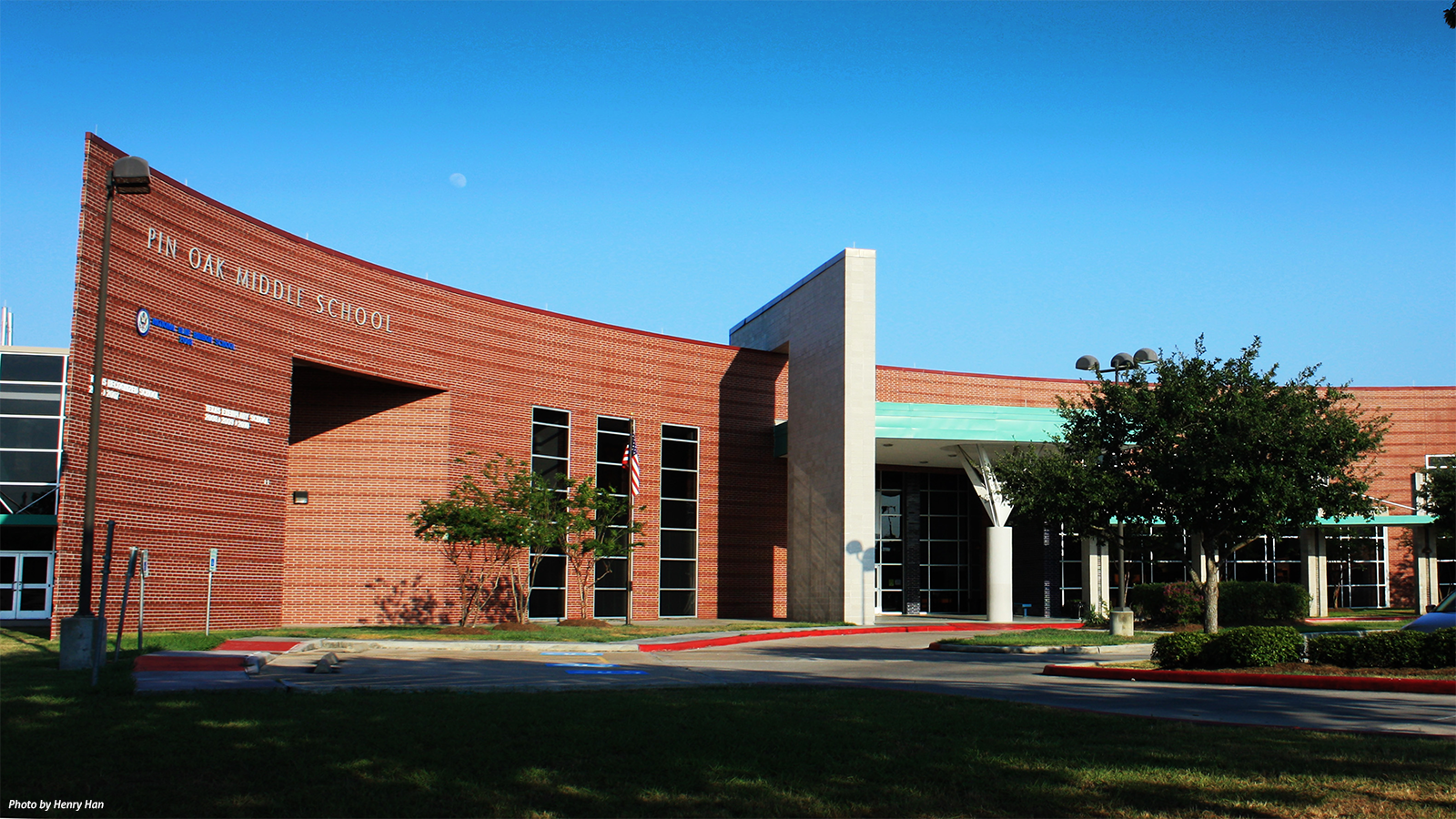Join Us: Events and Campaigns to Save Temecula Schools
Join Us: Events and Campaigns to Save Temecula Schools
Blog Article
How Schools Play a Vital Function in Shaping Future Leaders and Pioneers
Colleges are important fit future leaders and pioneers via the cultivation of crucial reasoning, imagination, and cooperation. By incorporating project-based understanding and interdisciplinary research studies, schools test students to assess and manufacture complicated information. Teachers act as mentors, guiding students and supporting their possibility, while after-school activities even more establish management skills and durability. This dynamic setting not just concentrates on private toughness however additionally highlights the importance of team effort, necessary for browsing tomorrow's difficulties. Exactly how exactly do these components interaction to produce a robust foundation for future success?
Promoting Important Assuming
In today's swiftly developing world, cultivating crucial assuming within educational institutions has ended up being vital. As society faces significantly intricate international challenges, the capacity to assess, review, and manufacture details is vital. Colleges play a vital duty in creating these abilities, preparing trainees to browse and resolve multifaceted problems with informed, reasoned choices.
To grow essential thinking, instructors utilize various pedagogical techniques that encourage energetic understanding and intellectual engagement. Class conversations, problem-based understanding, and Socratic examining contribute in promoting reflective and logical thought processes. By challenging pupils to question presumptions and think about multiple perspectives, these methods make sure a much deeper understanding of topic beyond rote memorization.
Moreover, integrating vital believing throughout the educational program strengthens its relevance and applicability in varied contexts. Topics such as maths, scientific research, history, and literature each offer distinct possibilities to establish pupils' critical professors. For example, assessing historic occasions calls for understanding and evaluating resources context, while clinical inquiry needs strenuous hypothesis screening and evidence-based thinking.
Eventually, instilling essential thinking skills in trainees outfits them with the cognitive devices necessary for lifelong knowing and flexibility. It is through this fundamental skills that future leaders will have the ability to innovate, fix problems, and add meaningfully to culture.
Urging Creative Thinking
Welcoming imagination within academic structures galvanizes trainees to assume beyond standard borders and explore ingenious solutions. By integrating artistic ventures and innovative reasoning workouts right into the curriculum, schools cultivate an atmosphere where creativity and imaginative thought are valued. This approach not just enhances the educational experience yet also outfits pupils with the capability to tackle real-world obstacles in unique ways.
Educational organizations can cultivate creative thinking through varied methods such as project-based understanding, interdisciplinary studies, and the incorporation of arts and technology. Project-based knowing, for example, motivates trainees to use their expertise in functional, frequently joint, projects that require inventive problem-solving skills. Interdisciplinary research studies permit trainees to draw connections in between various topics, thus expanding their perspectives and improving their creative abilities.
Moreover, offering students with possibilities to engage with emerging technologies, such as coding and electronic layout, even more supports their imaginative capacity. These tasks trigger pupils to experiment, fall short, and iterate, which are essential components of the innovative process (Save Temecula Schools). By maintaining a supportive atmosphere where trial and error is motivated, colleges can ensure that pupils create the confidence to go after cutting-edge ideas
Essentially, nurturing creativity in academic setups is important for shaping future leaders and trendsetters qualified of resolving intricate international concerns with resourcefulness.
Supporting Partnership

Carrying out group-based learning components and participating jobs enables students to experience the dynamics of teamwork firsthand. This not only prepares them for the collaborative nature of contemporary offices yet likewise nurtures management qualities as they typically need to handle roles such as task supervisors or group coordinators. Furthermore, partnership in the class can break down social barriers and advertise inclusivity, making certain that each pupil really feels valued and listened to.
Additionally, integrating innovation can better support collaborative efforts. Tools like shared electronic offices and interactive platforms allow students to interact effectively, even outside the classroom. As students establish these collaborative skills, they are much better geared up to take on intricate obstacles and introduce, laying the foundation for their future roles as leaders and pioneers.
Duty of Teachers as Mentors

Mentorship includes individualized interest, where instructors identify and support individual staminas and address weaknesses. Save Temecula Schools. With one-on-one interactions, instructors can tailor their guidance and support to satisfy each pupil's special requirements, cultivating a sense of self-confidence and durability. This personalized technique grows a development frame of mind, urging trainees to see failures as chances for finding out and development
Additionally, educators work as role models, demonstrating the worths of stability, empathy, and determination. Their actions and mindsets Visit Your URL give a blueprint for pupils to mimic, instilling a feeling of ethical obligation and social recognition. By creating a supportive and inclusive class environment, instructors make it possible for pupils to establish interpersonal abilities that are crucial for effective management.
Fundamentally, the mentorship offered by teachers lays a fundamental structure for the advancement of future leaders, outfitting them with the expertise, skills, and values needed to excel in an ever-evolving world.
Impact of Extracurricular Activities
When integrated effectively into the academic framework, extracurricular tasks significantly improve student development and management capacity. These tasks offer pupils with possibilities to explore interests beyond the conventional educational program, fostering a well-rounded ability. Clubs, sports teams, and arts programs cultivate necessary qualities such as team effort, time administration, and durability. Participation in these tasks frequently needs trainees to tackle responsibilities, thereby nurturing their leadership capabilities.
Students involved in dramatization, songs, or debate clubs find out to think seriously and approach troubles from varied perspectives. By teaming up with peers from different click to find out more histories, pupils additionally establish compassion and interaction skills, vital attributes for future leaders.
Study suggests that students involved in such programs have a tendency to have higher qualities and better attendance documents. Therefore, institutions that prioritize a balanced strategy to education and learning, integrating durable extracurricular programs, are more most likely to produce leaders and pioneers equipped to fulfill the difficulties of the future.

Final Thought
In final thought, colleges significantly shape future leaders and pioneers by nurturing essential reasoning, creative thinking, and collaboration amongst pupils. By cultivating a helpful setting that values specific strengths and synergy, colleges furnish students with the needed skills to browse future obstacles and drive development.
As trainees establish these joint abilities, they are better outfitted to tackle intricate difficulties and introduce, laying the foundation for their future roles as innovators and leaders.
By fostering vital reasoning and analytical abilities, educators assist students navigate intricate challenges, preparing them for management roles in different areas.
By collaborating with peers from various backgrounds, pupils additionally establish compassion and communication abilities, essential traits for future leaders.
In conclusion, institutions significantly shape future leaders and pioneers by nurturing critical reasoning, imagination, and cooperation among pupils. By promoting a supportive atmosphere that values private strengths and synergy, colleges furnish trainees with the necessary abilities to navigate future difficulties and drive advancement.
Report this page